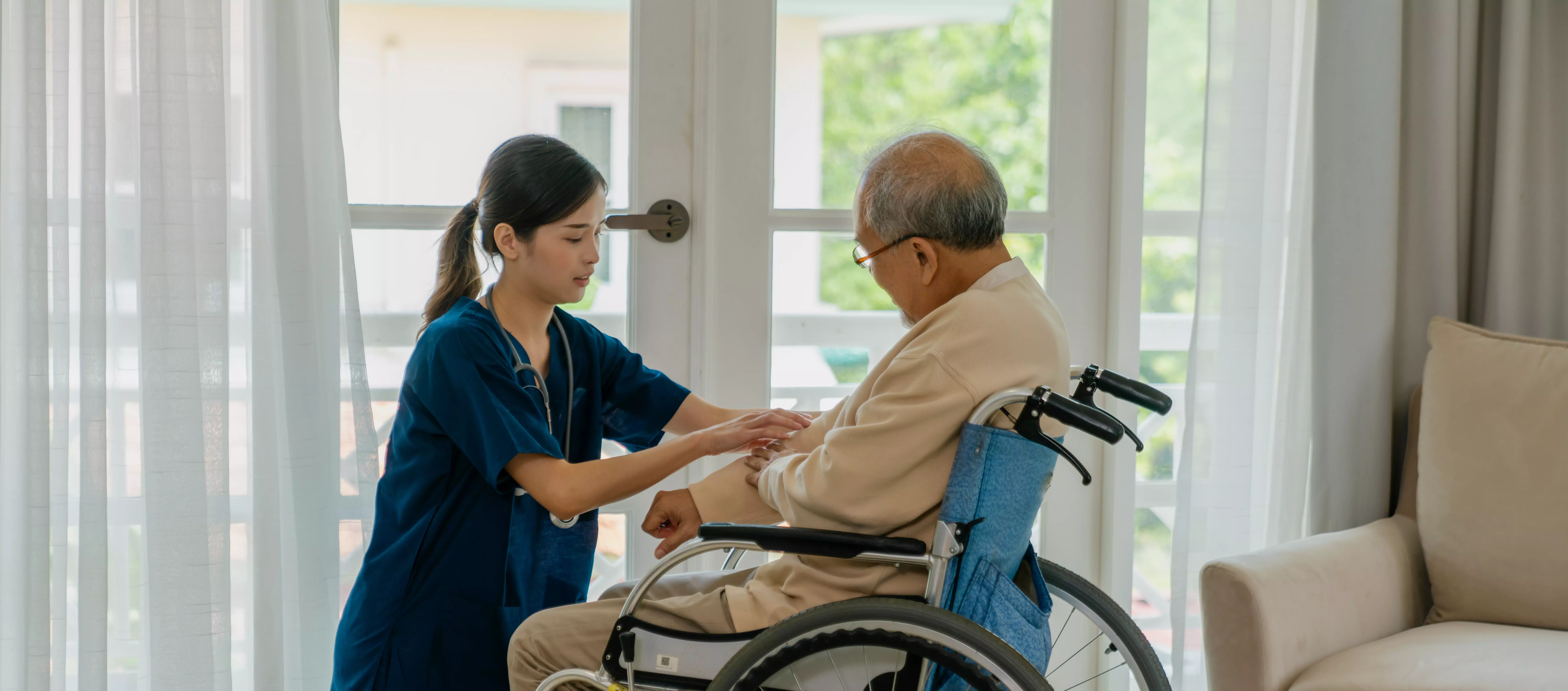Comprehensive health care for the elderly
As we age, our bodies and health need more attention and care. That's why comprehensive health care for the elderly is becoming increasingly popular and necessary. It encompasses a wide range of medical and non-medical services aimed at providing complete care for seniors.
Let's take a closer look at what characterizes comprehensive health care for the elderly:
1. Preventive programs: This is one of the key parts of health care for seniors. Preventive programs include regular medical check-ups, health monitoring and vaccinations against infectious diseases. Regular check-ups allow for early detection of possible health problems, which in turn facilitates the introduction of appropriate treatment.
2. Nursing care: the elderly often require assistance with daily activities, such as dressing, bathing and preparing meals. This is why professional nursing care is offered as part of comprehensive health care. Trained and experienced nurses help with daily activities and take care of the senior's hygiene.
3. Rehabilitation: age and various ailments can affect physical fitness and the ability to move independently. That's why comprehensive health care for the elderly offers rehabilitation programs. These can include physical therapies, exercise classes and the implementation of an appropriate diet. The goal of rehabilitation is to improve physical fitness and keep the senior as independent as possible.
4. Psychological care: old age often brings with it mental and emotional changes. The elderly may experience feelings of loneliness, isolation or even depression. Therefore, comprehensive health care for seniors often includes psychological support. Professional therapists help them cope with their emotions and give support during difficult times.
The role of comprehensive health care for seniors is worth emphasizing:
1. Ensuring accessibility to medical services: With comprehensive health care, seniors have easy access to various medical specialists. This allows them to quickly diagnose and treat any ailments, as well as monitor their health on an ongoing basis.
2. Greater independence and sense of security: With comprehensive health care, seniors feel safer and more secure. They know that they will have access to medical assistance and 24-hour nursing care when needed. This allows them to remain more independent and gives them a sense of security.
3. Improving quality of life: Comprehensive health care for the elderly aims to improve seniors' quality of life. With regular checkups and medical and psychological support, seniors are likely to enjoy healthier and fuller lives.
Conclusion:
When it comes to the health and well-being of the elderly, comprehensive health care plays a key role. With a wide range of medical, preventive, nursing and rehabilitation services, seniors are provided with complete care. This allows them to maintain their independence, increase their quality of life and prevent possible health problems. It is therefore worthwhile to provide comprehensive health care for our elderly loved ones.
